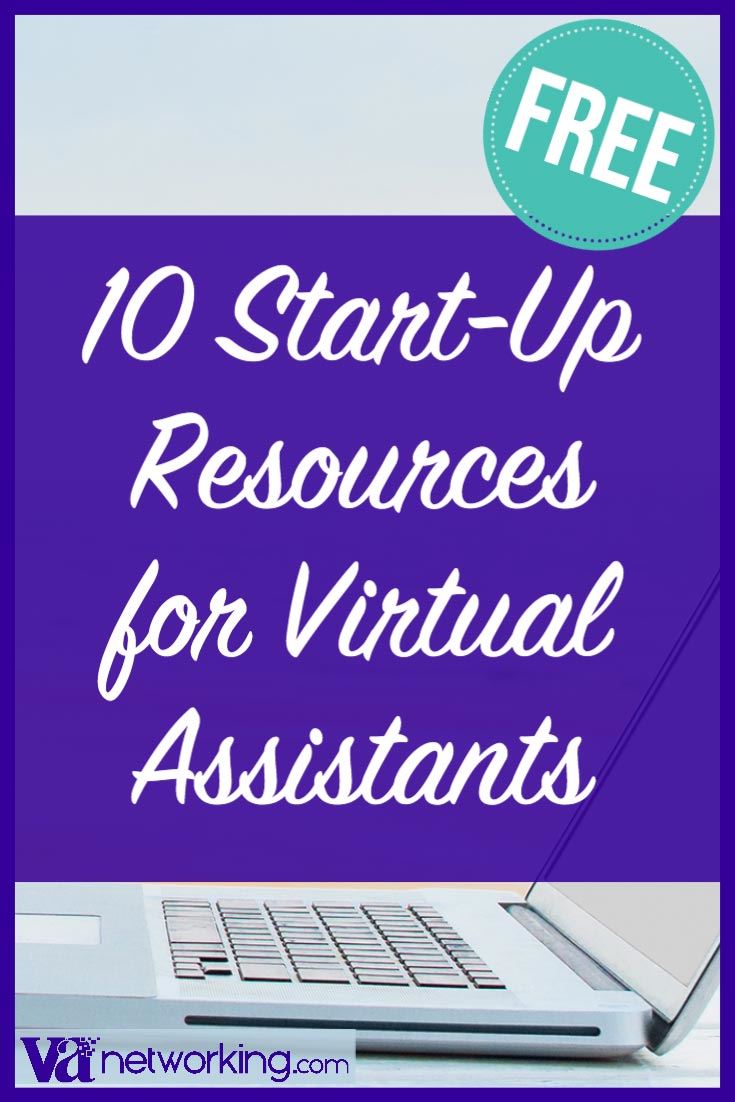Contributed by: Jackie Nees
During periods of growth it should be at least somewhat obvious that hiring additional help is the sensible thing to do. After all, you want to be at the ready for every juicy opportunity. If you are outsourcing to a virtual assistant or other type of contractor, you retain the ability to pare down costs during slowdown without a lot of hassle or risk. But to what extent are you leveraging the power of outsourcing when there are less urgent but perhaps very important business priorities needing attention?
For example, the first time I launched a business, I did everything myself; this was not because of financial constraints but because no one relishes the grueling details quite like a newbie entrepreneur. You are so impassioned, so in lust with the fresh, shiny adventure before you, it hardly occurs to you that hiring some of the work out could lighten the load. You want all the glory and you’ll break yourself to get it.
I was classic. And I had the dark circles under my eyes to prove it.
Today I look at things a little differently, especially as I work behind the scenes to start a second business venture. I am willing to use the credit card if it means shortening the time line to launch. And I am only too happy to let someone else sweat the details so I can stay focused on the big picture. I am also getting a little more sleep this time around.
There are no “front lines” to troubleshoot (yet). There are no clients calling (yet). There is no cash coming into the coffers (yet).
Yet I have a team of outsourced talent working hard to help me turn vision into reality.
This is the stuff of entrepreneurship. And it’s the stuff you may not think of when you go scouting for a virtual assistant. In fact you may think you don’t need to hire anyone at all if business is slow. If you want to still be living the entrepreneurial dream five years from how, however, maybe now is the perfect time to outsource. Consider the following examples of how a VA might be able to help you create that big picture reality you’ve been dreaming of instead of really working toward:
- Brainstorming and feedback
- Gathering marketing intelligence (surveys, web research, etc.)
- Financial forecasting
- Prospecting for joint venture partners
- Researching new market opportunities
- Brand development (logos, websites, social media)
- Procedures and standards maintenance and development
- Competitive intelligence
- Act as a sounding board for new business ideas and concepts
Of course, the above activities are more strategic than administrative in nature, and my friend Tina Forsyth might say they are more akin to the duties of an Online Business Manager (OBM) than that of a VA. I tend to agree. However, you can cultivate a culture of strategic thinking within your existing team as well as amongst new hires and contractors.
The point is this: even if you’re not putting out fires or fielding reams of inquiries from prospects, even if you’re battling the recession blues, there are likely a great many things you could be doing–and delegating–to ensure you are prepared to meet the next big opportunity head on.








Karri,
what a great post! So many business owners (mostly the ones that are just starting out) tell me that they will definitely need VA services just as soon as they start seeing some income. So I try to explain that actually they need VA services now to help them get clients and get their business going (or at the very least to stay focused and on task, letting a VA to take care of all the distractions).
Excellent article Karri. Useful for the VA and for our clients. Will definitely use that sales pitch.